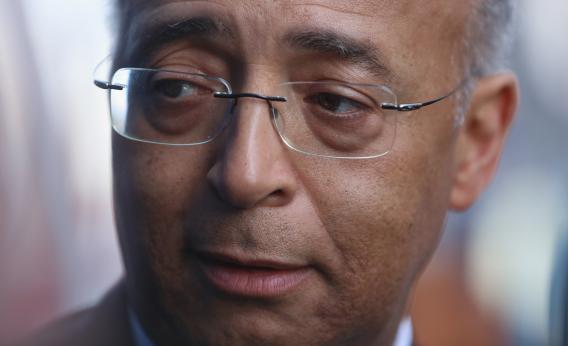David Halbfinger has a great piece in the New York Times about former city comptroller William Thompson’s habit of investing pension fund money he was supervising with investment vehicles controlled by fund managers who donated to his campaigns. The fund managers get fees, some of the fees get turned into campaign contributions, and everyone wins.
Everyone, that is, except for taxpayers who ultimately need to make good on pension promises out of their own pockets if the funds’ investments don’t perform. Alternatively, maybe taxpayers will get fed up and city workers will end up receiving less than they thought they would.
Either way it’s bad business. But while this certainly reflects poorly on Thompson, it’s worth noting that this is a very systemic problem. Thompson’s predecessor as comptroller, Alan Hevesi, moved upstairs to become New York State Comptroller before ending up in jail for corruption related to his management of state pension funds. Academic research on California cities has shown that across the board jurisdictions with elected rather than appointed treasurers face systematically higher borrowing costs than those where it’s an appointee. But the Hevesi problems and the Thompson ones (where, to be clear, there’s no evidence of criminal conduct) are probably best viewed in this context. There’s a range of misconduct from the felonious to the sleazy to the merely inept along which this kind of situation can play out, but “effective stewardship of public funds” isn’t likely to be on the list.
